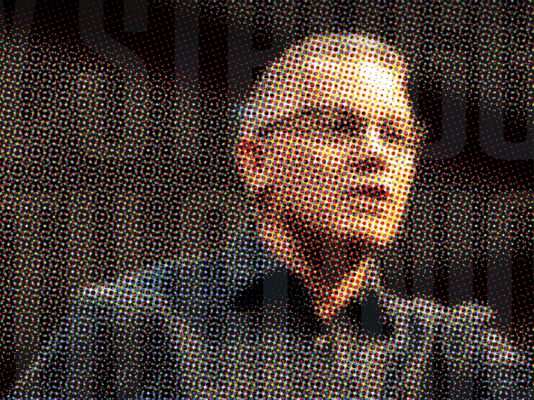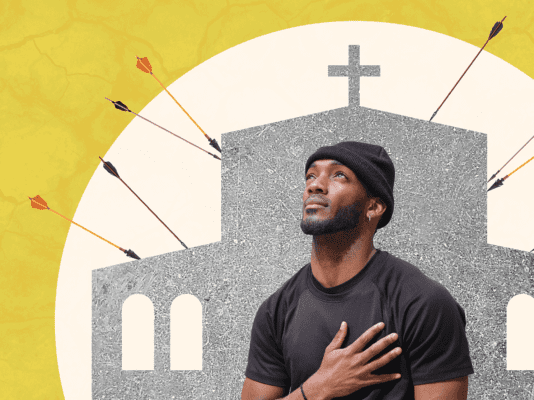A Series on Pursuing Good: Discerning Well-Crafted Policy
An election year can quickly become about candidates. But, we often forget that those candidates and the people who will serve under their administration will run on a platform of policies that affect real people—our kids’ teachers, the clerk at the grocery store, our friends in healthcare, and our aging parents. Avoiding partisan talking points and seriously thinking about these policies from a biblical perspective is paramount to our call to be salt and light. This series of articles will assist you in what to look for and consider as you weigh policies dealing with life, religious liberty, marriage and family, human dignity, and foreign affairs. Together, we can use our voices and our votes to pursue the good of our nation.
Religious liberty policy
Marriage and family policy
Human dignity policy
Foreign affairs policy
Good policy begins with understanding what it means to be human
When many Christians approach the ballot box this fall, abortion and other pro-life issues will naturally be top of mind, especially given the historic 2022 Dobbs v. Jackson Women’s Health Organization decision and the subsequent ballot initiatives at the state level. Since Dobbs, it has become clear where many of our leaders (and aspiring leaders) on both sides of the political aisle actually stand on the dignity of all human life, from fertilization to natural death.
With the supposed constitutional “right to an abortion” in Roe v. Wade where it belongs in the dustbin of history, politicians can no longer hide behind ill-fated precedent. The commitment to being an autonomous individual, unencumbered by any sense of undesired or unchosen obligation to another has become a central facet of political discourse across the spectrum on pro-life issues.
Some promote the idea that a woman should be free to choose abortion since the human being in her womb is merely a “clump of cells,” embryo, fetus, or most grotesque of all, simply “a choice.” Many across the major political parties seem to promote or be resigned to legal abortion after some arbitrary stage of human development. Others model this vision of the autonomous individual in debates over the ethics of in vitro fertilization (IVF) techniques or even in pro-life abortion policy that individuates the woman as solely responsible for the life within her.
Championing the Value of Every Life
As Christians seek to engage the public square with hope, we must hold all of our leaders accountable to act consistently in ways that stand up for the dignity of all people and support the family as a building block of any healthy mutually dependent society.
We must champion the value of every human being—no matter the stage of development, location, or perceived cultural value. We are each made in the image of God (Gen. 1:26-28); a reality that is not dependent upon any mere capacity, characteristic, or attribute. As German theologian Helmut Thielicke wrote, “God does not love us because we are so valuable; we are valuable because God loves us.” From the moment of conception, we are moral persons deserving of protection and have an obligation to stand up for that truth.
We must remember that no one is truly autonomous. Scripture affirms that we were created by a community (Triune God), in a community (male and female), and for community (the family, the Church, and society). We are indeed individuals, but individuals that exist in dependent relationships with others throughout our entire lives.
No matter what our culture may say, we must seek to put human dignity at the center of our political advocacy. This is especially true as we head to the ballot box and seek to elect leaders who represent our convictions and establish policies that protect the most vulnerable among us.










